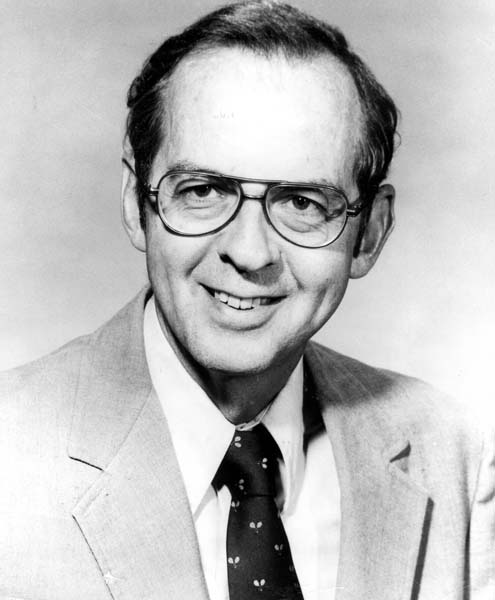James P. Gordon

During his long career, James P. Gordon made numerous high-impact contributions to quantum electronics and photonics, including the first demonstration of the maser. His work led to countless new application areas especially in optical communications.
Born in Brooklyn, New York in 1928, Gordon attended the Massachusetts Institute of Technology and studied physics. After obtaining a bachelor’s degree in 1949, he joined Columbia University’s physics department to work with Charles Townes. Gordon’s doctoral research carried out with Herbert Zeiger involved analyzing, designing, building, and demonstrating the first successful maser.
Building on this foundation, Gordon conceived and provided the theory (with Gary Boyd) for confocal resonators—fundamental tools for analyzing Gaussian laser beams and optical cavities. Anticipating the important role lasers would play in enabling high capacity communication, Gordon developed the quantum theory supporting the information capacity of an optical communications channel. This work provided a seminal breakthrough in the fundamental understanding of the limits of optical communications.
As the optical communications field evolved, Gordon continued to do research that provided key knowledge and insight that was critical for the design of systems to help advance optical communications. He co-authored a report on the first observation of soliton propagation in optical fibers and teamed up with Hermann Haus to help identify the “Gordon-Haus” effect. This activity occurs when soliton pulses interact with noise. The resulting timing jitter limits signal propagation.
Gordon also provided the first insights into the fundamental limits of coherent optical transmission systems. These delivery methods have become prominent in high capacity commercial optical systems. Gordon’s broad interests also included providing the theoretical basis for optical tweezers.
Recognized worldwide for his many contributions, Gordon received numerous honors, including the Charles Hard Townes Award, the Max Born Award, and the Frederic Ives Medal. He was elected to both the National Academy of Engineering and the National Academy of Sciences. Gordon is a Fellow of the Society and the American Physical Society and a senior member of IEEE. Gordon was elected an Honorary Member in 2010.
James P. Gordon died on 21 June 2013, please see Optica's memorial entry.
Multimedia
Document Created: 26 Jul 2023
Last Updated: 28 Aug 2023
